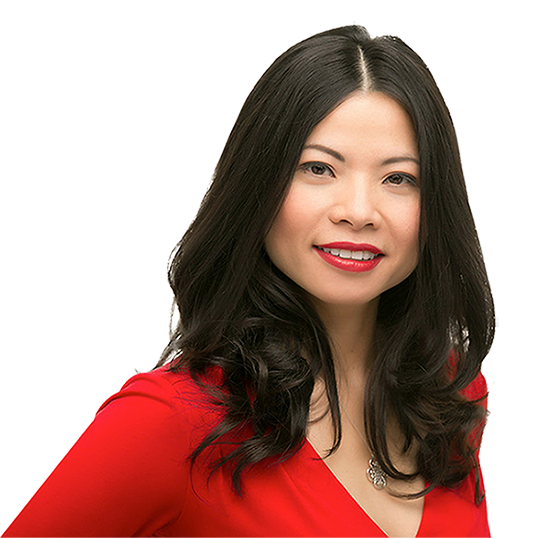
©George Doyle/Stockbyte/THINKSTOCK
As decision-makers in a competitive global economy, executives must embrace the talent available to them, or find themselves at a huge disadvantage. FEI Daily spoke with Kim Le, Founder & CEO of A2Q2, on her journey to CEO and the importance of filling the room with individuals of varying backgrounds and experiences.
FEI Daily: Why is diversity and inclusion important to you as an executive?
Kim Le: Diversity and inclusion are important to me because I am the underdog that shouldn't even be sitting here talking to you. I come from very humble beginnings. In the 70s, my mother, my brother and I escaped from Vietnam on a tiny little boat. We got to Malaysia and spent a year there in a refugee camp, living on a dirt floor. The walls of our structure were thatched with corrugated sheets.
 We came to U.S. in the late 70s. No language, no money, no family, nothing. Coming from that environment - my mom working minimum wage jobs, having to put myself through school- I feel indebted to the accounting and financial profession. And I've met some really great mentors along the way. I've met people who looked at me and didn't see a woman, didn't see different colors. They just saw the hunger, the drive, the determination, and the willingness to work hard, and they gave me opportunities.
We came to U.S. in the late 70s. No language, no money, no family, nothing. Coming from that environment - my mom working minimum wage jobs, having to put myself through school- I feel indebted to the accounting and financial profession. And I've met some really great mentors along the way. I've met people who looked at me and didn't see a woman, didn't see different colors. They just saw the hunger, the drive, the determination, and the willingness to work hard, and they gave me opportunities.
FEI Daily: How did the skills you developed in those finance and accounting roles help you in your journey to CEO?
Le: Accounting and finance is the universal language to understanding businesses, their performance, their operations. Whatever your career interests and long-term aspirations, having a strong understanding of accounting and finance allows you to be more valuable. It opens up so many options and opportunities.
FEI Daily: How does diversity and inclusion play a role at your company?
Le: As the founder and CEO of my company, diversity and inclusion is really at the core of how we got started. I was working for a large company and was actually resigning because I wanted to help two of my friends, who aren't from the U.S., by sponsoring their work visas. Their company had actually let the paperwork lapse for their work visas.
I was five months pregnant, sitting in front of my boss. I told him what I was doing, he looks at me, and he says, "Kim, your pretty face is not going to get you far." And this was someone I admired. He was my mentor. He was someone who was telling me, "You're going to be the next managing director. You have all this potential."
When he said this to me, the first thing I felt was scared. It's that little voice that says, "Well maybe he's right. Maybe you don't know." And I had no idea what it would take to start a business. And then the next part was anger. I've come from nothing and I was thinking in my head, "You don't know what it's like when you have lived on a dirt floor, and I put myself through college with $500 to my name when I went to college.”
14 years later, we're thriving. We're growing. We have these awesome clients, and, to me, it was total vindication that someone who's this little underdog, can really make it.
FEI Daily: What would you tell other decision-makers about the benefits of having a variety of experiences at the table?
Le: As decision-makers in a competitive global economy, if we don’t embrace all the talent available to us, we would be at a huge disadvantage compared to our competition. The team or organization with the best talent wins. Think of all professional sports teams. They scout talent from multiple schools and sources. Imagine you are the team that only recruits from 1 school or source. You have limited your population and the chances of finding the best fit for your team.
I'm the president of Silicon Valley Directors' Exchange. At one of our first events, there was only one woman corporate director who showed up. My goal since that time has been to change that mix, and I'm so proud today because when we've done subsequent events, more than 50 percent are women, and different races, different ages as well.
That's been one of my goals, to make sure that we do fill the room with different experiences. And to me diversity isn't just about the gender or even race. I think of it as diversity in our thinking and our experiences.
FEI Daily: What advice would you give organizations that are struggling with diversity and inclusion?
Le: You need a champion at a senior enough position to make an impact. You need someone who is truly passionate about it to get the momentum going. I don’t mean that you need an official title or function or office called Diversity & Inclusion. But they do need executive support at some level. I have seen official D&I functions created without true executive support; they are just for show.